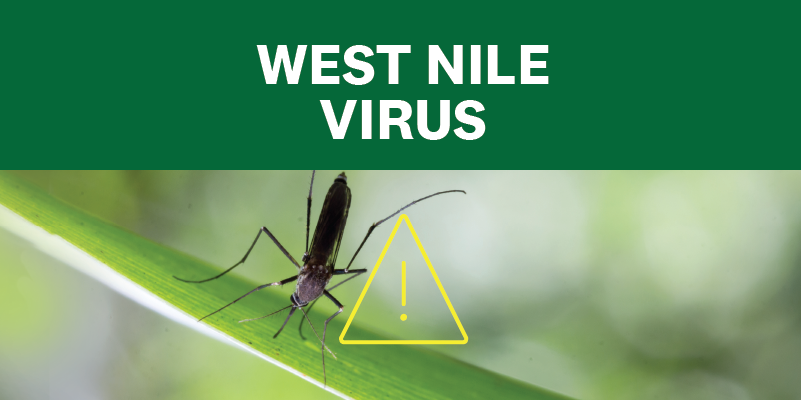

Austin Public Health continues mosquito abatement, education and outreach work in the 78744 zip code
AUSTIN, Texas — Austin Public Health continues mosquito abatement, education and outreach work in the 78744 zip code as a second pool has tested positive for West Nile virus.
While no human cases have been reported, two positive pools in as many weeks indicate the West Nile virus is in our community. In Austin-Travis County in 2023, one West Nile virus death and three probable cases were reported, and 45 pools tested positive for the virus.
“Our teams continue to monitor mosquitoes in the area and take actions to alert and educate residents on the threat and prevention methods,” said APH Director Adrienne Sturrup. “While the positive pools have only been seen in 78744, I encourage everyone in Austin and Travis County to follow best practices and protect themselves from mosquitoes through the rest of the year.”
The second positive pool was captured by the same mosquito trap that captured Austin-Travis County’s first positive pool in May. In the surrounding area, APH Environmental Health Officers have placed signs and handed out flyers with information on mosquito prevention. The officers also administered larvicide in standing bodies of water.
APH’s Community Health Workers will visit homes in the area to further share information as well as kits that include flyers, repellent and more.
At the start of mosquito season in May, APH launched its Fight the Bite campaign to raise awareness for all of Austin and Travis County. This campaign includes social media posts, flyers, bus wraps and billboard advertisements.
Approximately 20 percent of people infected with West Nile virus develop symptoms such as headache, body aches, joint pains, vomiting, diarrhea or rash. Of those infected, few develop further serious illnesses, usually affecting the central nervous system. People over 60 years of age are at greater risk of developing serious disease, as are those with medical conditions such as cancer, diabetes, hypertension or kidney disease. Organ transplant recipients are also at risk for more severe forms of disease.
Know the dangers and fight the bite with the “four Ds”:
- Drain standing water: Mosquitoes breed in standing water and need as little as one teaspoon. Emptying water that accumulates in toys, tires, trash cans, buckets, clogged rain gutters and plant pots will deny mosquitoes a place to lay their eggs and reproduce.
- Dusk to dawn: Although different species of mosquitoes are active at different times of day, the Culex mosquito that spreads West Nile virus is most active between dusk and dawn.
- Dress: Wear pants and long sleeves when you are outside. Wear light-colored, loose-fitting clothing; mosquito-repellent clothing is also available.
- DEET: Apply insect repellant: Use an EPA-registered repellent such as those containing DEET, picaridin, IR3535, oil of lemon eucalyptus, para-menthane-diol or 2-undecanone. Apply on both exposed skin and clothing.
Mosquitoes are present in Central Texas year-round, but the population is largest and most active from May through November. During this period, the APH Environmental Vector Control Unit monitors the mosquito population.
For more information on West Nile virus, visit www.AustinTexas.gov/WestNile. For additional information about APH Environmental Vector Control and mosquito monitoring programs, visit https://austintexas.gov/department/environmental-vector-control.
